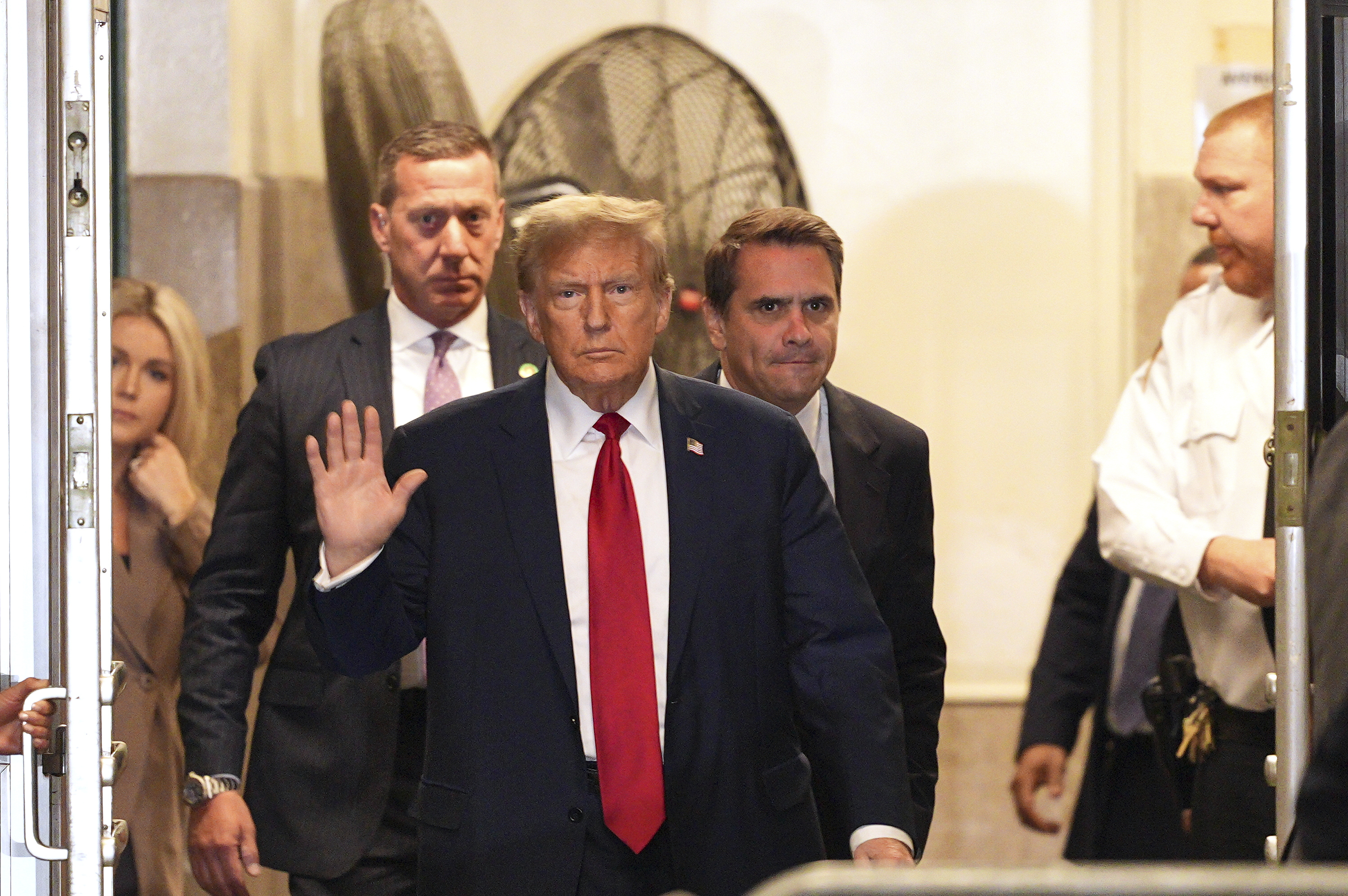It was a simple phrase, two monosyllabic words. But some say their echo may speak volumes as to where we are as a society, and a country.
Rep. Joe Wilson interrupted President Barack Obama's address on his health care proposals with a stunning shout. When the President said his proposals would not allow undocumented immigrants access to free health care on the taxpayers' dime, the South Carolina Republican screamed, "You lie!"
The retort was stunning. Speaker Nancy Pelosi seemed almost confused, and the President set his jaw, nearly ready for the fight.
The shout heard round the world was the highest profile outburst in a long contretemps surrounding health care reform. Town hall meetings all around the country turned into verbal equivalents of a WWF Smackdown.
Still, it was an extraordinary moment when the shouting moved from the town hall to the Congressional Dome. Are these just bad manners, or a symptom of a society that values polemic more than a civilized disagreement?
Sociologist Dr. Karen Sternheimer of USC says don't worry, we're not likely to see Congress deteriorate into the Taiwanese Parliament.
"This is not a new level of incivility. We are in a cycle where fear incites more fear," Sternheimer said.
Sternheimer says everything around us is changing, from the once-booming economy to the President of the United States himself. The upheaval leads to fear, and for some people, panic. It has the power to magnify our differences. For many, health care reform has ballooned into something much more than a political issue.
Politics
Local, state and national politics
"It's become a battle between good and evil," says Sternheimer.
While she says anger can be quite an effective political tool, "calmer heads will prevail. Right now, outbursts are getting a lot of attention, but sooner or later, Congress will have to work together."
For his part, Rep. Wilson called the White House, and spoke to Chief of Staff Rahm Emanuel.
"This evening I let my emotions get the best of me," he said in a statement. "While I disagree with the president's statement, my comments were inappropriate and regrettable. I extend sincere apologies to the president for this lack of civility."
The White House seemed satisfied, saying Mr. Wilson apologized "without equivocation."
But shortly after that, there seemed to be at least a little equivocating on the Representative's part. He told reporters, "Last night I heard from the leadership (of the Republican party) that they wanted me to contact the White House and state that my statements were inappropriate. I did."
Was the apology genuine? We'll take Mr. Wilson's word on that. To doubt him, to publicly challenge his sincerity, well, that would be absolutely uncivilized.



